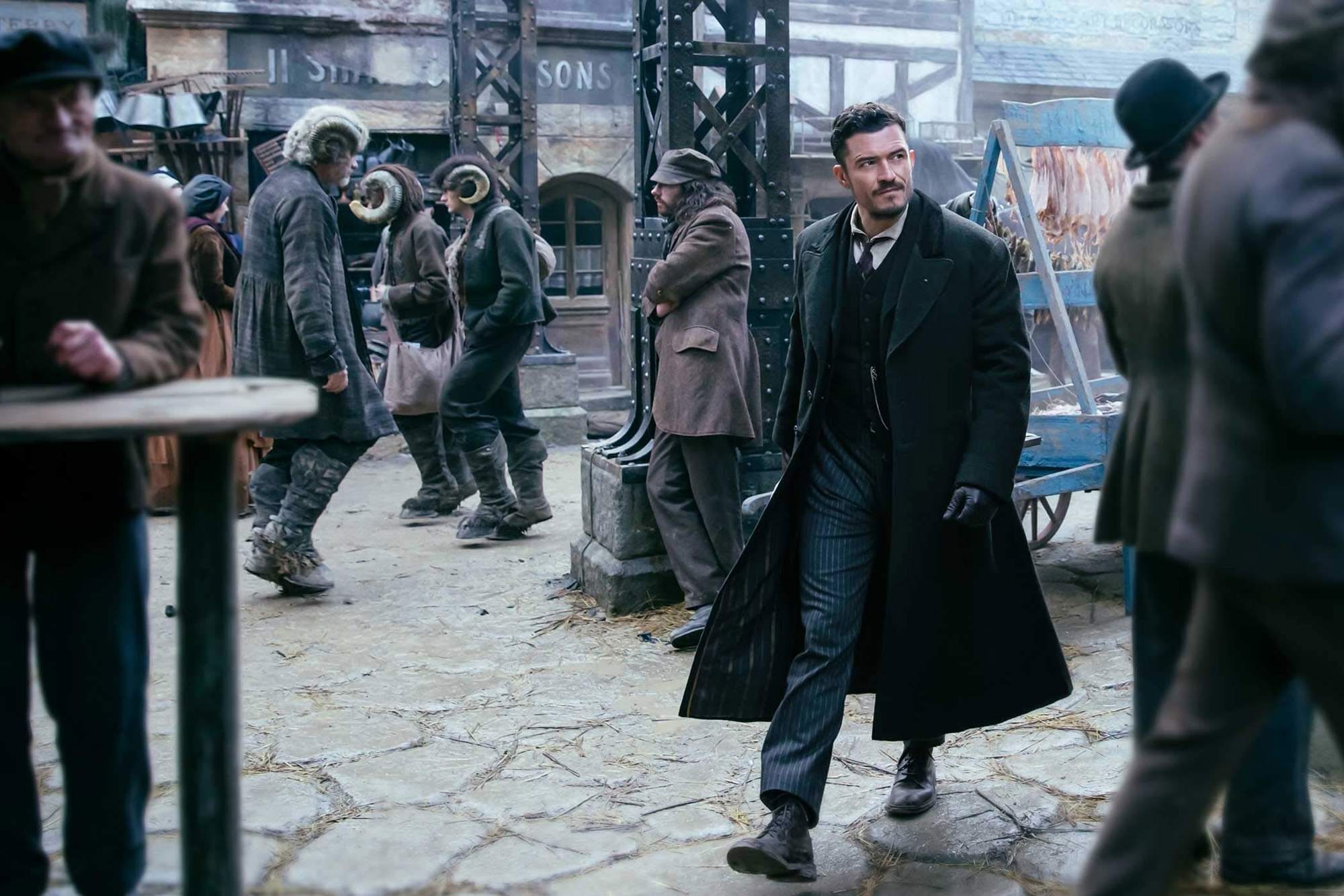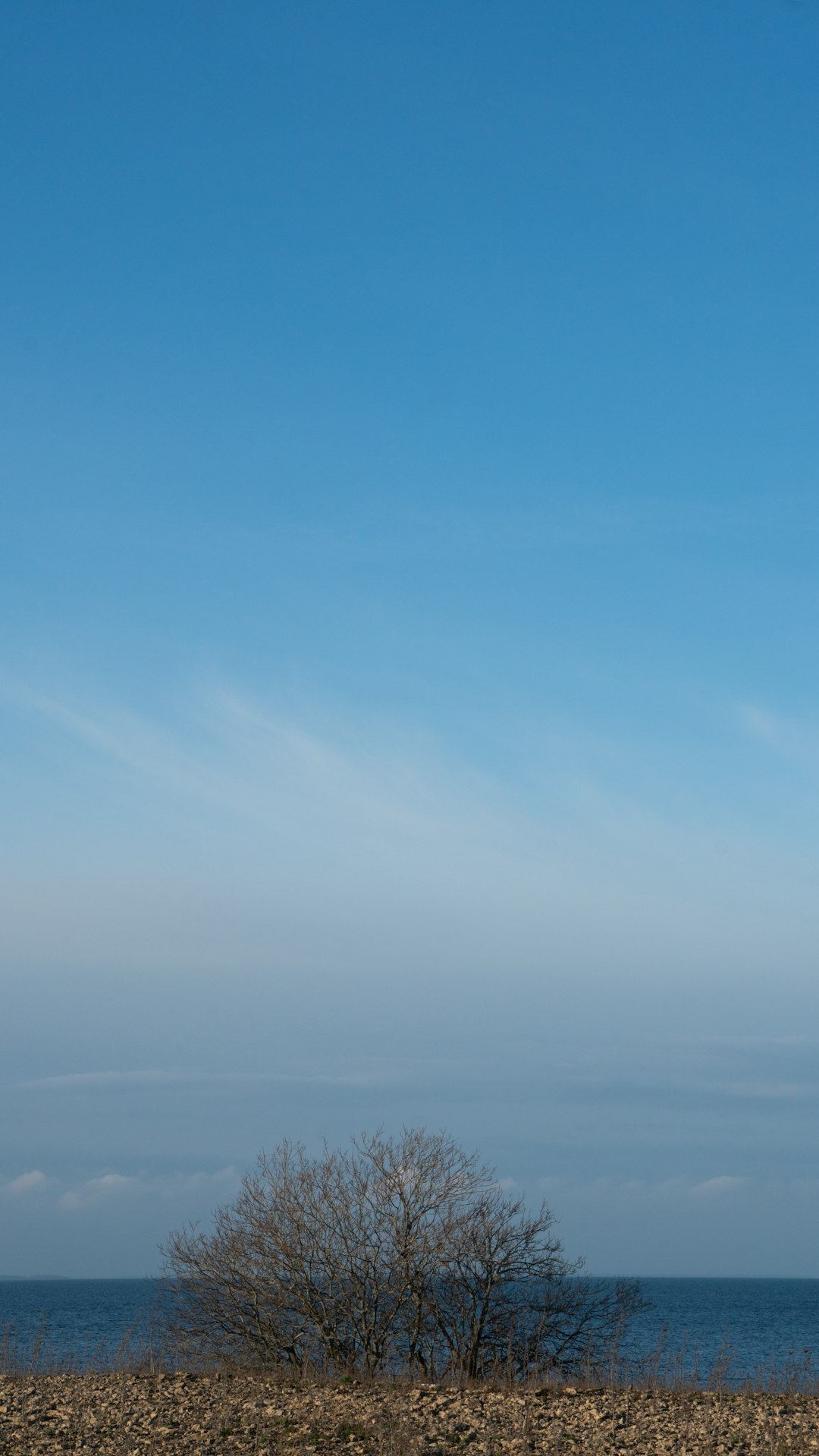Prague, 7 May 2020 PRESS RELEASE
The measures imposed by the Czech government in March to control the spread of Covid-19 have shown positive results. The government is now gradually easing these restrictions, which had resulted in the cessation of audiovisual productions and interrupted international film shoots.
“Film production as a significant part of the cultural and creative industry is essentially a type of manufacturing and an independent sector. The severe restrictions were a result of necessary measures that the Czech Republic was forced to adopt, affecting all areas of society,” said Minister of Culture Lubomir Zaoralek.
These restrictions included the announcement of a state of emergency on 12 March, when only 116 cases of the disease and 4 hospitalizations had been identified in the country. The government gradually imposed further restrictions, including a prohibition on gatherings of more than two people and maintaining a 2-meter social distance. Audiovisual production was also restricted by the prohibition of free movement without mouth and nose protection (mask, respirator, or other protection). This measure continues for the public; however, with effect from 1 May, actors and performers are exempted from wearing a mask in the exercise of their profession. Instead, PCR testing will be required every 14 days. This condition will also be lifted on the basis of further development.
The Czech Republic was the first in Europe to develop self-regulatory recommendations as protection against SARS-CoV-2 during filming. They were prepared by the Audiovisual Producers´ Association in cooperation with the Czech Film Fund (with its department Czech Film Commission) and the European Institute for Health and Safety in Film Industry. Their application to the audiovisual production process is recommended by the Ministry of Health of the Czech Republic. “Adherence to these recommendations, including testing actors every 14 days during production and, of course, maintaining sanitation standards on location and in studios, will reduce the possibility of infection to an absolute minimum. However, they also apply to cross-border transport – foreign actors and crew members must show a negative test when leaving their country, a measure that, according to the latest reports, airlines will also begin to require for all their passengers. Within 72 hours of arrival, they will undergo a second test, and remain quarantined until they receive a negative result. The result is usually received the next day. In this way they can avoid the 14-day quarantine, which would severely impact film budgets,” says Czech film commissioner Pavlina Zipkova.
Although the state of emergency in the Czech Republic is likely to end on 17 May, the country’s borders reopened on 27 April for citizens of the European Union, Switzerland, Norway, Liechtenstein, and the United Kingdom. The European Commission is not expected to extend the recommendation for member states not to accept passengers from non-European countries, which now runs until 15 May. “It is important to realize here that this is only a recommendation, not a prohibition, as in the case of the US administration, which issued a recommendation not to travel," explains Zipkova.
International productions that were forced to interrupt their shoots will be allowed to return to the Czech Republic from mid-May. These include season two of Legendary Entertainment/Amazon’s Carnival Row with Orlando Bloom and Cara Delevigne, the first season of Amazon’s fantasy series Wheel of Time starring Rosamunde Pike, Marvel Studios’ The Falcon and The Winter Soldier, and the Netflix film 473 Transatlantic.
“Three-quarters of audiovisual productions in the Czech Republic stopped in March. In full compliance with the Ministry of Health, filmmakers are no longer affected by measures restricting cultural and sporting events and large gatherings. We therefore consider audiovisual production to be resumed,” said Helena Bezdek Frankova, director of the Czech Film Fund. “Even during the state of emergency, however, the incentive program ran without interruption, the Czech Film Fund continued to register audiovisual projects, and payment of incentives was not delayed for those projects where all conditions stipulated by law were met,” she continued.
The incentive system has been operating in the Czech Republic since 2010 and is an important economic tool for attracting foreign investment. “It should be emphasized that within the creative and cultural industries, audiovisual production holds a strong and exceptional position, primarily due to its financial contribution to non-cultural industries, which account for up to 60% of individual film budgets. Specifically, these are small and medium-sized companies. That is why it is really crucial for the Czech economy that audiovisual production starts up again,” added the Minister of Culture.
U.S. Ambassador Stephen B. King emphasized the importance of reviving film production in the Czech Republic: “With its beautiful castles, iconic landscapes, and talented support capabilities, the Czech Republic has always been an attractive film destination for Hollywood. While this crisis has rocked the industry, I am glad that we can start looking to the future and continue this cooperation, the roots of which film historians have traced to the late 1800s. I look forward to welcoming back our filmmakers, actors, and crews,” Ambassador King added.
According to the Institute of Health Information and Statistics, the basic replication number of the SARS-CoV-2 virus in the Czech Republic at the onset of the epidemic in the first week of March was 2.64. This figure has since been steadily declining to the current 0.7. An R-number of less than 1 indicates a decrease in the presence of the virus in the population. It indicates the number of people that the disease can be transmitted to by one infected person.
Thanks to the quick enactment of a broad series of anti-pandemic measures, the Czech Republic has clearly successfully managed the spread of the disease. Both domestic and international production is gearing up again. As the spread of the virus continues to decline, the self-regulatory guidelines for safe shooting will be relaxed.
Safe-regulatory guidelines for safe filmmaking


